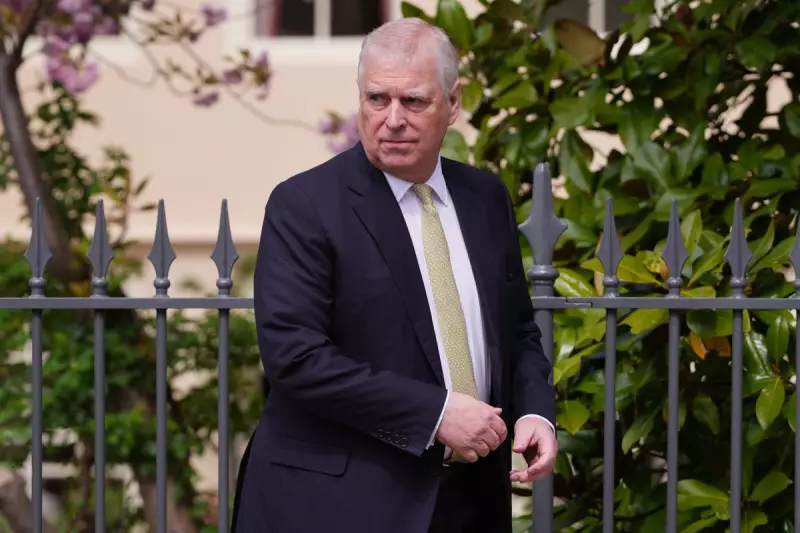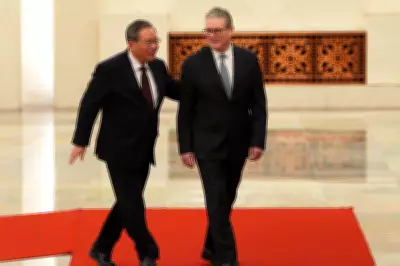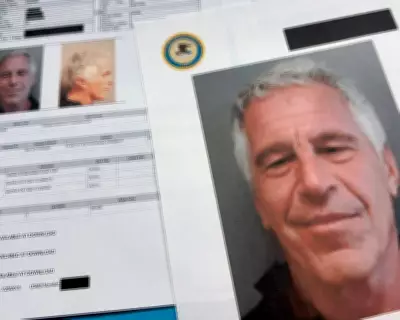
Andrew Mountbatten-Windsor, the former Duke of York, is facing a critical deadline today as US lawmakers demand his cooperation in their investigation into the Jeffrey Epstein sex trafficking scandal.
Congressional Pressure Mounts
Members of the US Congress delivered a written request to the former prince at the beginning of November, seeking an interview regarding his long-standing friendship with the late financier Jeffrey Epstein. The committee on oversight and government reform, which is examining Epstein's sex trafficking operations and the US government's handling of the case, set a firm deadline of 20 November for a response.
The committee revealed it had uncovered financial records containing concerning notations, specifically referencing massage for Andrew, which they state raise serious questions requiring answers. While this initial request does not carry the legal force of a subpoena, committee members have emphasised the importance of his cooperation in uncovering the full extent of Epstein's criminal network.
Trump's Surprising Reversal on Epstein Files
This development coincides with a significant policy shift from the White House. US President Donald Trump announced he has signed a bill compelling the Justice Department to release all its files related to Epstein. This follows an almost-unanimous vote in the House of Representatives.
President Trump had previously opposed the release, dismissing calls for transparency as a Democrat hoax. However, he performed a complete reversal over the weekend, publicly stating he had nothing to hide.
Legal Status and Potential Consequences
The former prince's position has been significantly weakened in recent weeks. Following fresh allegations that emerged from accuser Virginia Giuffre's posthumous memoir, his brother, King Charles III, stripped him of his royal titles and military affiliations. Mr Mountbatten-Windsor vehemently denies Ms Giuffre's claims that he had sex with her on three occasions.
His exit from public life and loss of titles means he is now largely considered a private citizen. While immediate members of the royal family benefit from diplomatic immunity, constitutional experts clarify this protection extends only to heads of state, not their families.
This leaves the former prince in a vulnerable position. US House committees possess the power to issue subpoenas, which could legally compel him to give evidence. Some Democratic lawmakers have previously suggested accommodations, such as allowing him to testify via video link with legal counsel present.
The letter from Congress, signed by 16 members, states clearly: The committee is seeking to uncover the identities of Mr Epstein’s co-conspirators and enablers. Well-documented allegations against you indicate that you may possess knowledge of his activities relevant to our investigation.
It remains uncertain what steps US lawmakers will take if Andrew Mountbatten-Windsor fails to respond to their request by the end of today, 20 November.





